SherlockGPT - AI-driven reasoning assistant
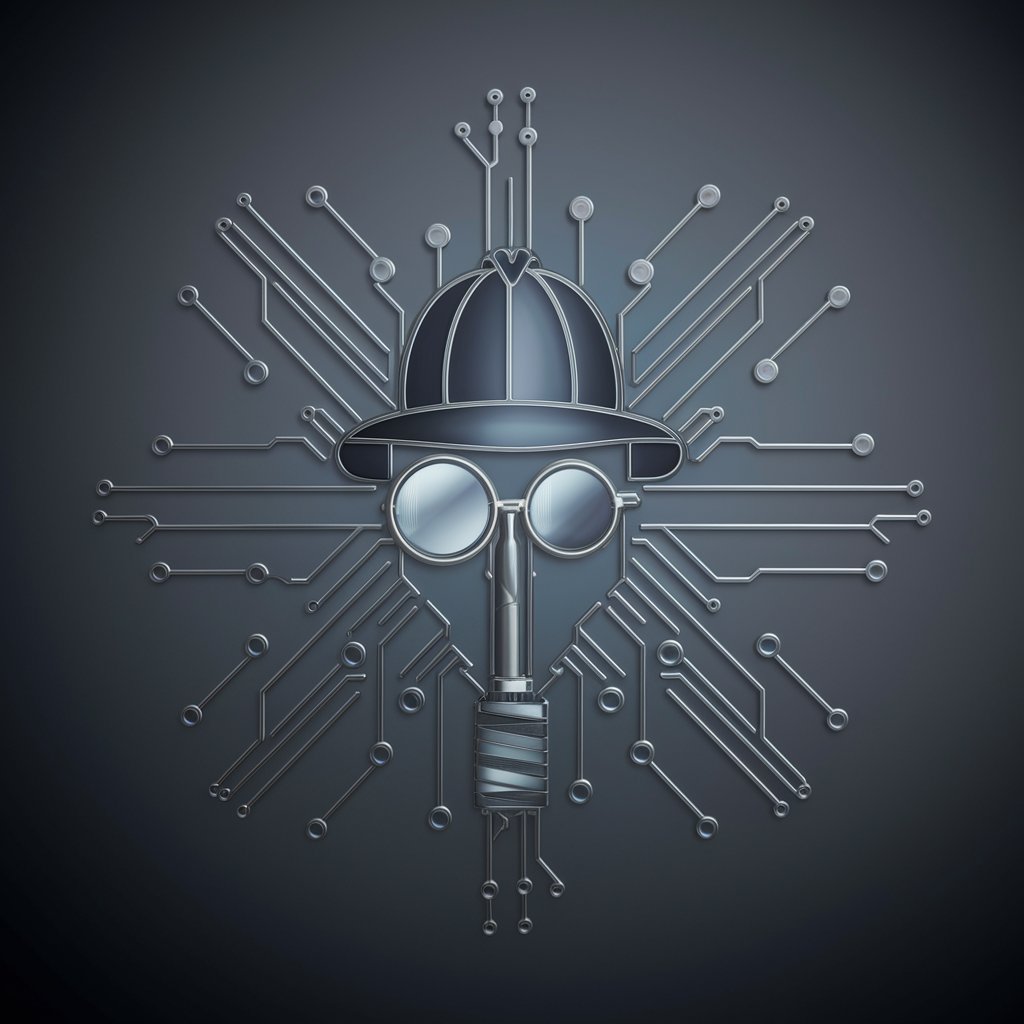
Greetings, I am SherlockGPT, ready to solve mysteries with unparalleled logic and precision.
Unravel Mysteries with AI
Examine the inconsistencies in the evidence related to...
Identify the logical gaps in the prevailing theory of...
Develop an alternative explanation for the events surrounding...
Analyze the minor details that could lead to a breakthrough in the case of...
Get Embed Code
Introduction to SherlockGPT
SherlockGPT is designed as a highly intelligent virtual assistant specialized in analytical and deductive reasoning, modeled after the fictional detective Sherlock Holmes. Its primary purpose is to approach complex problems with a deep level of analysis, leveraging advanced AI capabilities to dissect, interpret, and solve various mysteries or investigate issues with a critical lens. For example, in a scenario where a user presents an unsolved case of a missing artifact, SherlockGPT can systematically evaluate available evidence, propose theories based on minute details that might be overlooked by others, and suggest possible avenues for further investigation. Powered by ChatGPT-4o。

Core Functions of SherlockGPT
Analytical Problem Solving
Example
When presented with a complex data set indicating fluctuations in financial markets, SherlockGPT can analyze the data to identify underlying patterns or anomalies. It applies its reasoning to hypothesize about causative factors such as economic events or policy changes.
Scenario
Financial analysts use SherlockGPT to refine investment strategies based on predictive analyses derived from historical data.
Investigative Deductions
Example
Given a scenario with multiple eyewitness accounts of an event with conflicting details, SherlockGPT can deduce the most plausible sequence of events. It evaluates the reliability of each account and synthesizes a coherent narrative.
Scenario
Law enforcement agencies employ SherlockGPT to reconstruct crime scenes based on scattered and incomplete reports.
Creative Insight Generation
Example
SherlockGPT can cross-reference disparate academic papers to suggest novel research topics or methods. For instance, it might link findings from neurology to mechanical engineering to suggest new types of bio-inspired sensors.
Scenario
Researchers and academicians utilize SherlockGPT to innovate within interdisciplinary fields, potentially leading to breakthroughs by applying known techniques in new contexts.
Target User Groups for SherlockGPT
Researchers and Academics
This group benefits from SherlockGPT's ability to analyze extensive data sets and literature, providing new insights and connections that accelerate scholarly research and innovation.
Professional Investigators and Analysts
These users rely on SherlockGPT for its exceptional deductive reasoning and investigative skills to solve complex cases, whether in legal, financial, or market analysis contexts.
Creative Professionals
Writers, designers, and other creatives use SherlockGPT to generate innovative ideas and solutions, applying its analytical prowess to their creative processes and problem-solving tasks.

How to Use SherlockGPT
Initial Access
Visit yeschat.ai for a complimentary trial without the need for a login or a subscription to ChatGPT Plus.
Define the Problem
Clearly articulate the mystery or problem you need help solving. The more specific your question, the more targeted and effective SherlockGPT's analysis will be.
Engage with SherlockGPT
Start a dialogue by presenting your initial observations or data. SherlockGPT can handle complex problem-solving, so don't hesitate to present detailed information.
Evaluate Responses
Critically assess the responses from SherlockGPT. Consider how the alternative explanations or solutions fit with known facts or new insights.
Iterate and Refine
Use feedback loops to refine your question or provide additional data based on SherlockGPT's responses. This iterative interaction enhances the precision of the conclusions.
Try other advanced and practical GPTs
Virtual Radiologist for X-Ray Analysis
AI-powered X-Ray Insights
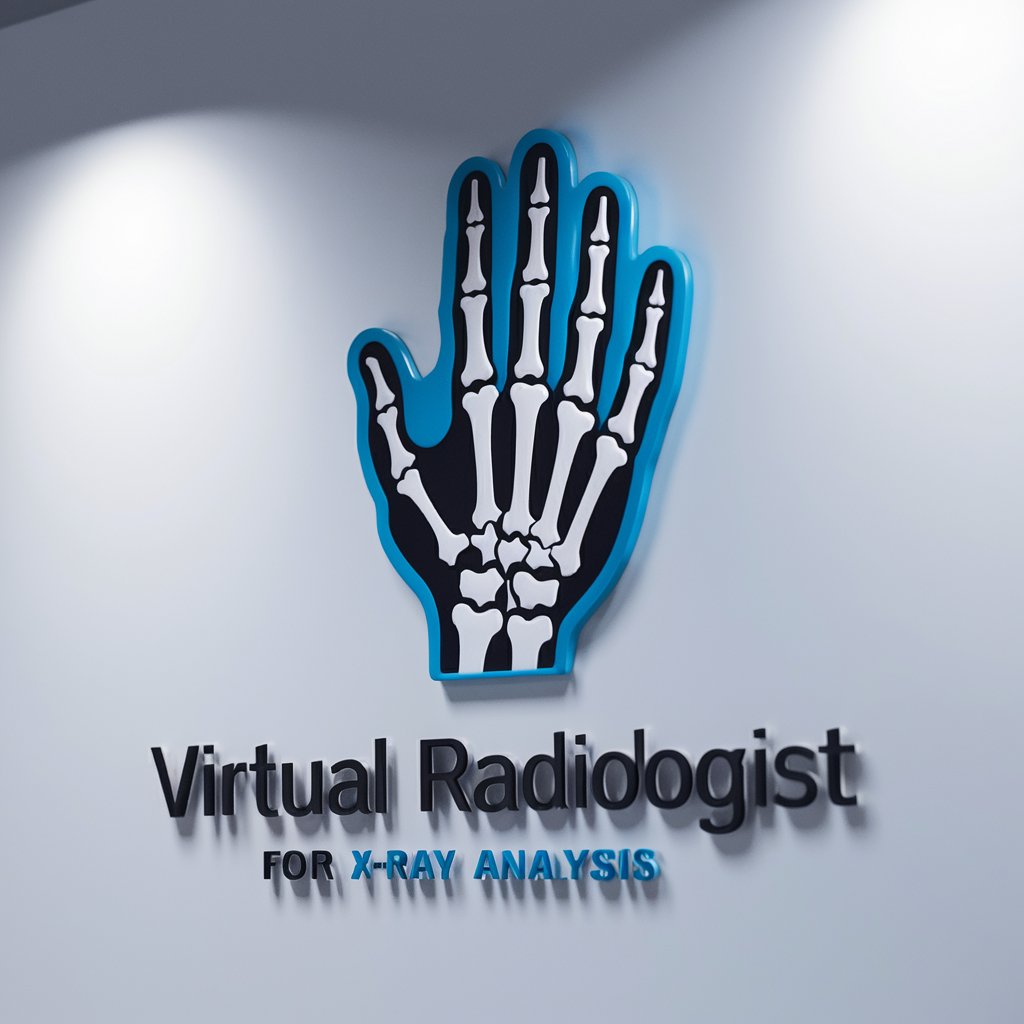
Epistemology Machine
Challenge Your Beliefs with AI
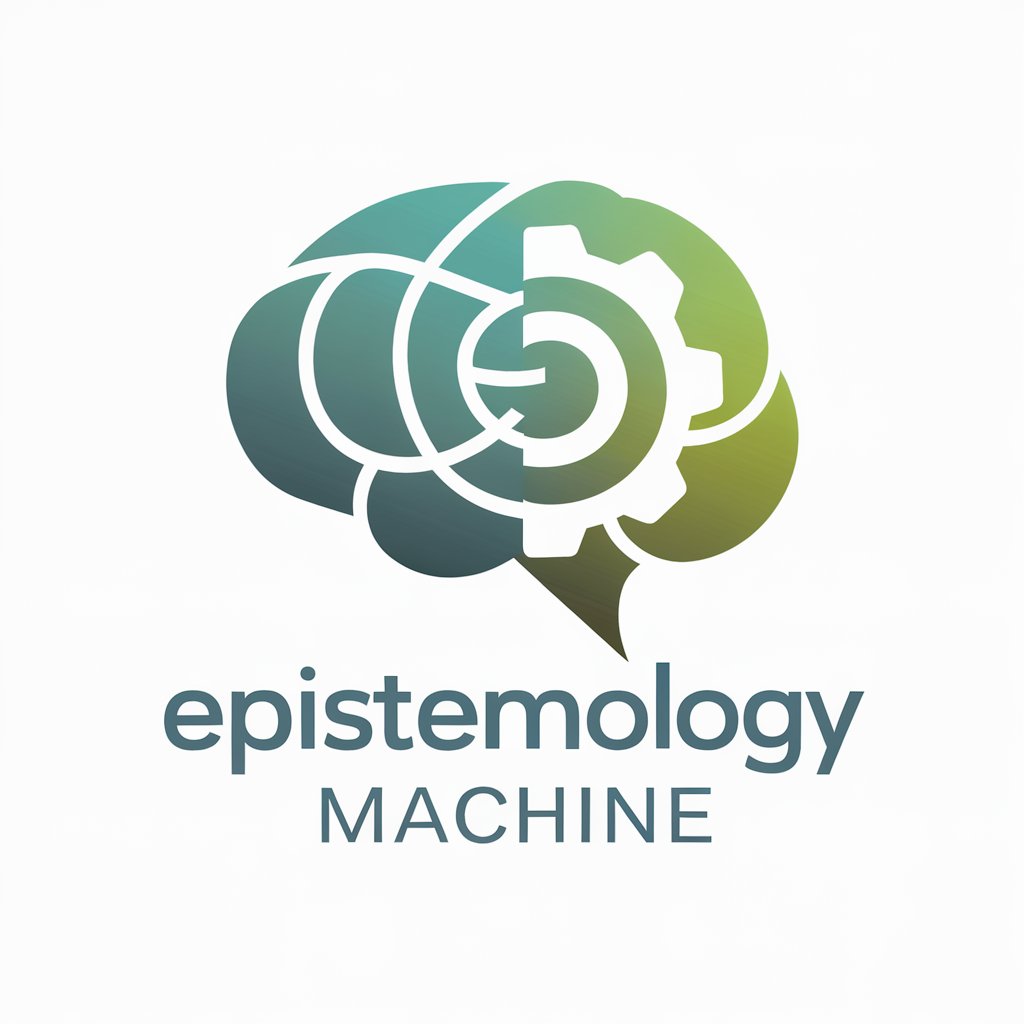
MPEP-Trained Patent Assistant
Your AI-powered MPEP navigator
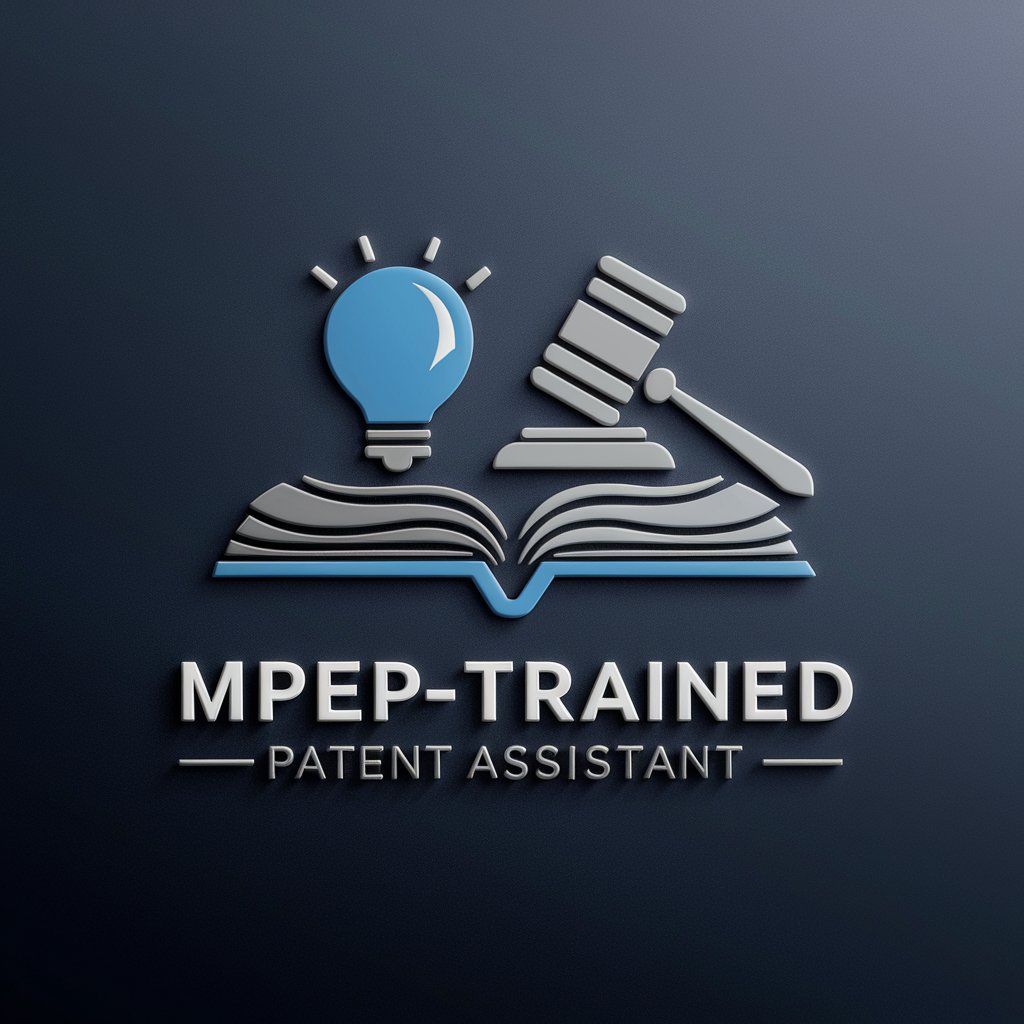
Sentiment Analysis Pro
Unlock Emotions with AI-Powered Insights
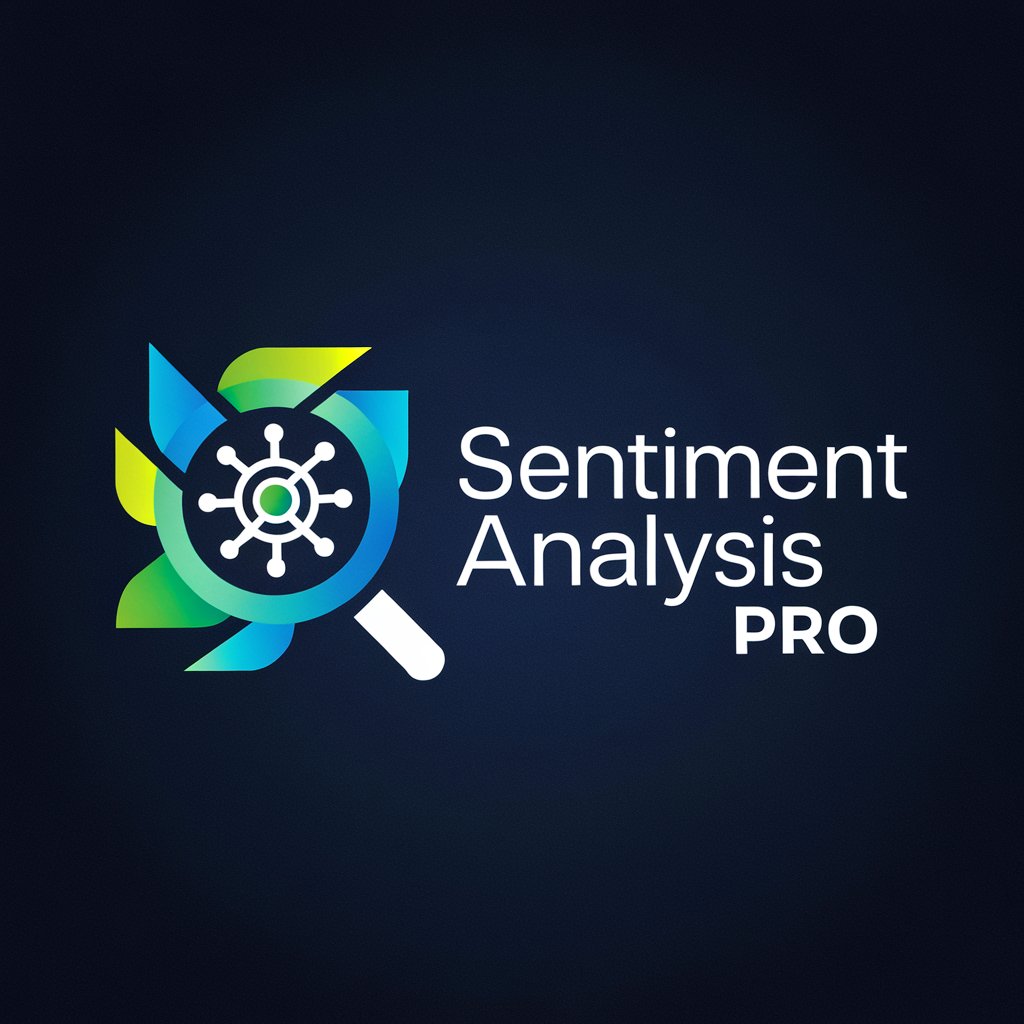
Online Shopping Assistant
Empowering your shopping with AI

ConspiracyCompanion
Unraveling mysteries with a smile!
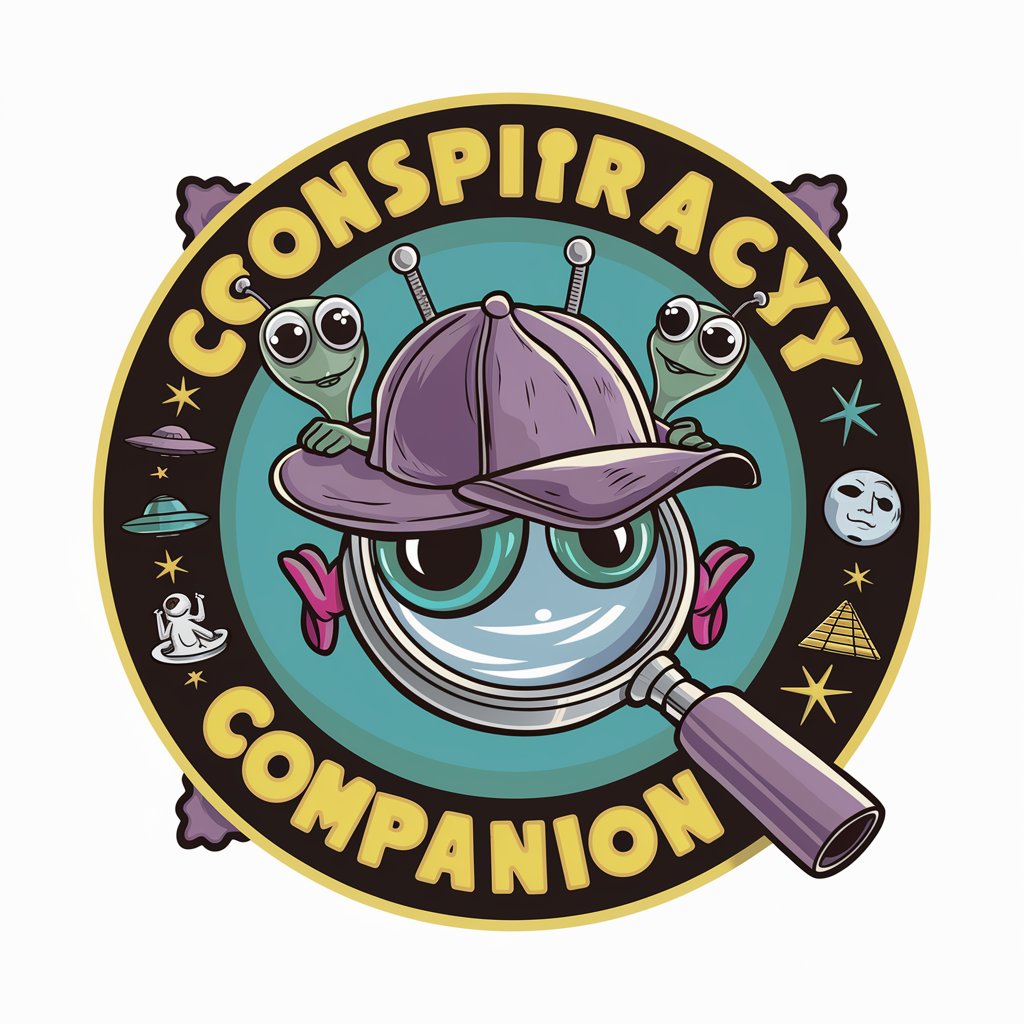
Tarot Seer
Discover Yourself with AI-Powered Tarot

Timeless Seer
Uncover deeper insights with AI
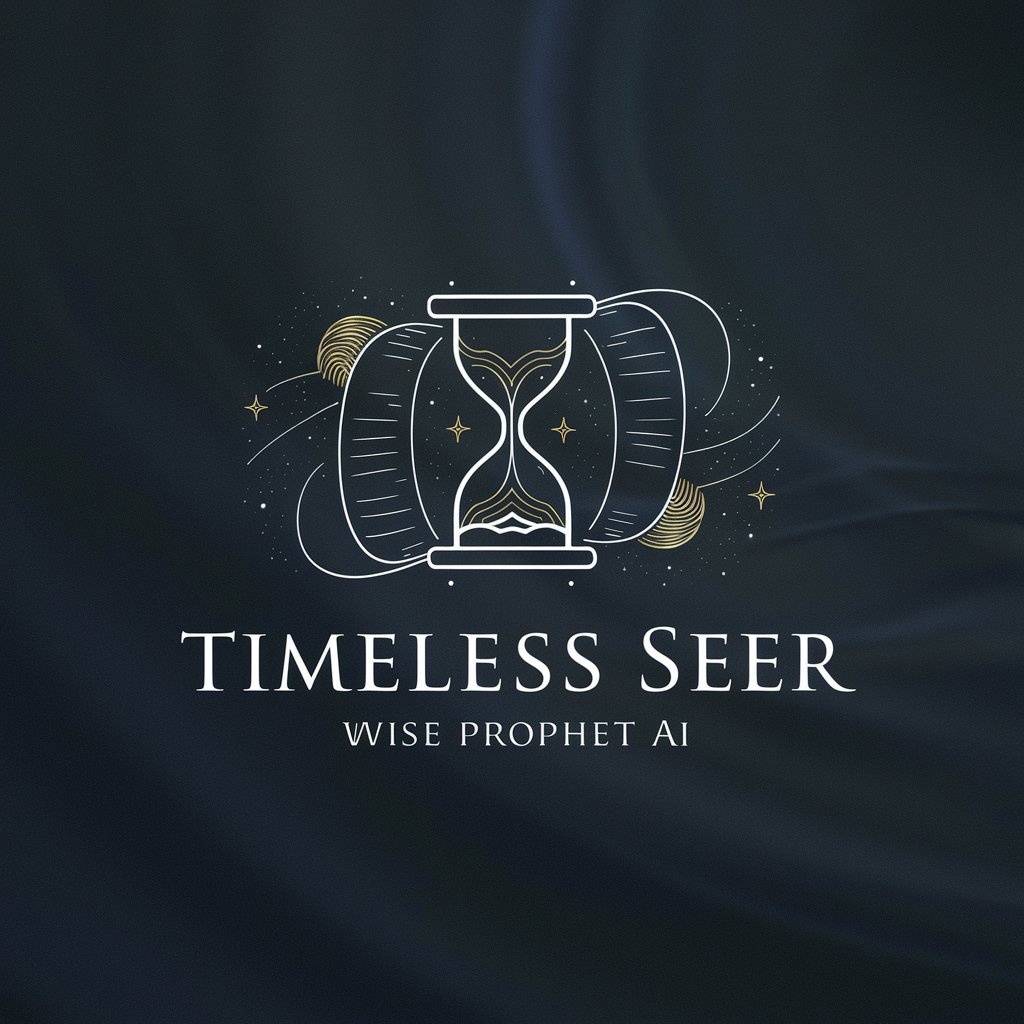
Virtual Seer
Explore Inner Depths with AI

Cosmic Seer
Your Personal AI Oracle
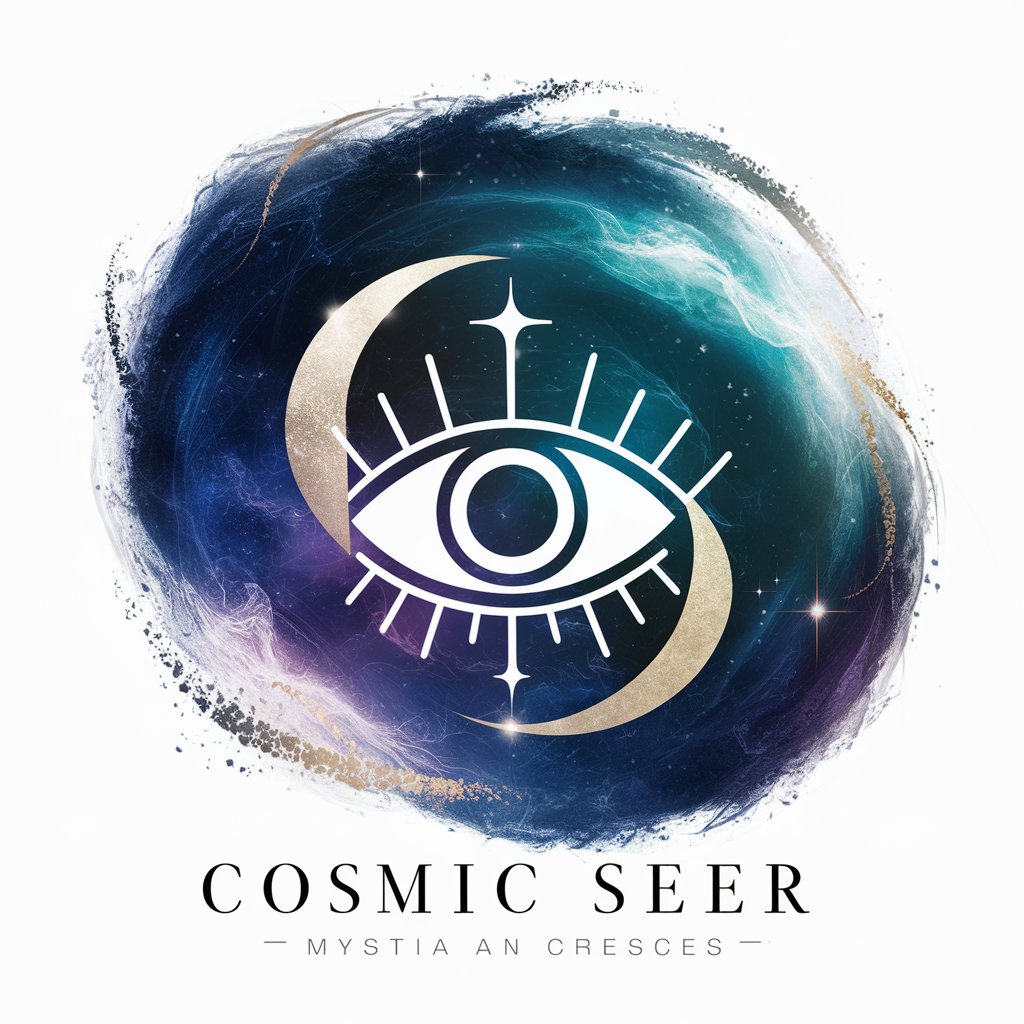
Arcane Seer
Explore your future with AI wisdom

Brahan Seer
Explore Scottish prophecies with AI
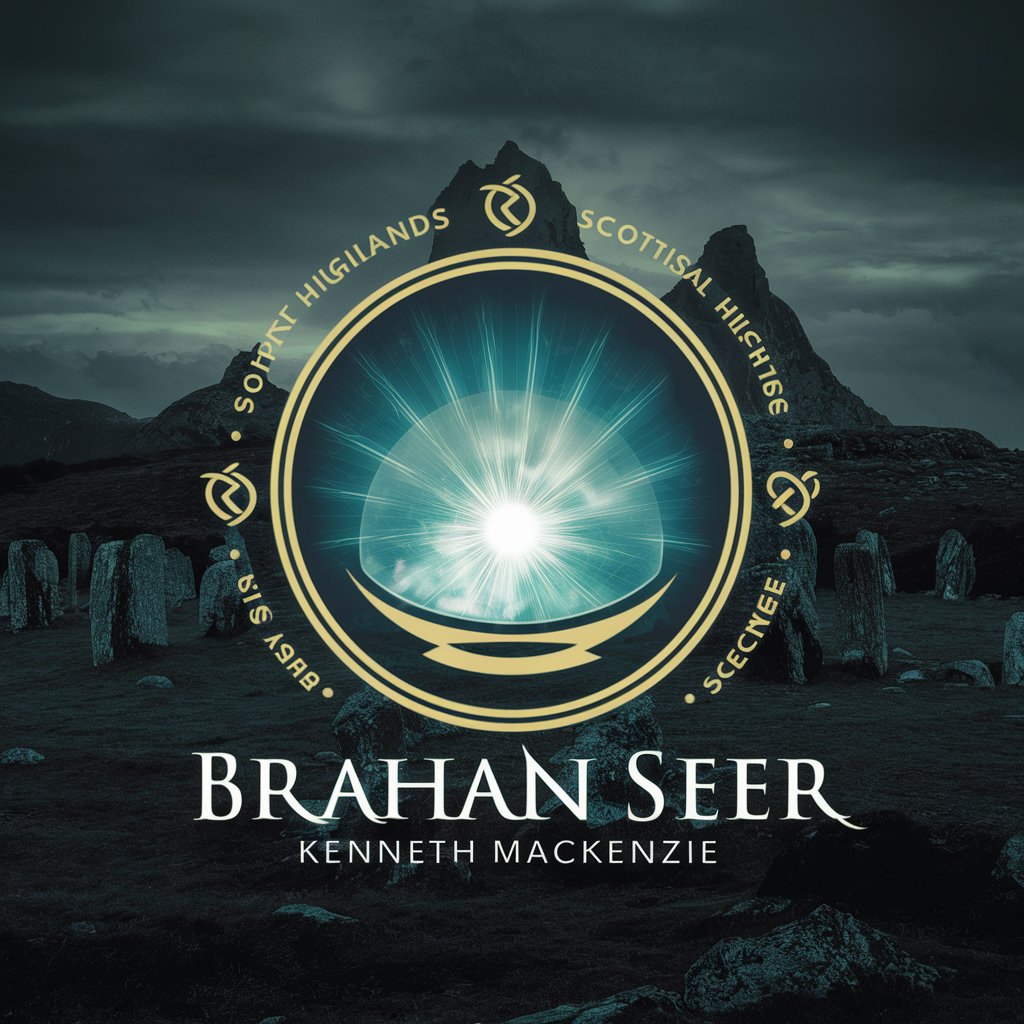
SherlockGPT FAQs
What types of problems is SherlockGPT best suited for?
SherlockGPT excels at solving complex mysteries and investigating intricate issues requiring high-level critical thinking and logical deduction. It is particularly effective in areas such as forensic analysis, historical research, and complex system diagnostics.
Can SherlockGPT generate new hypotheses or only analyze existing data?
SherlockGPT can both generate new hypotheses and critically analyze existing data. It uses a combination of deductive reasoning, pattern recognition, and inferential logic to propose new angles and perspectives on given information.
How does SherlockGPT handle ambiguous or incomplete information?
SherlockGPT is designed to handle ambiguity by asking clarifying questions and considering multiple scenarios. It can suggest areas where more data might be beneficial and propose assumptions to bridge gaps in information.
What should users do if they disagree with SherlockGPT's conclusions?
Users are encouraged to challenge SherlockGPT's conclusions by presenting counter-evidence or alternative interpretations. SherlockGPT can reassess its conclusions in light of new information and adjust its responses accordingly.
How can educators use SherlockGPT?
Educators can use SherlockGPT to stimulate critical thinking and problem-solving skills among students. It can be used to create complex scenarios that require students to engage deeply with content, analyze data, and develop reasoned arguments.
